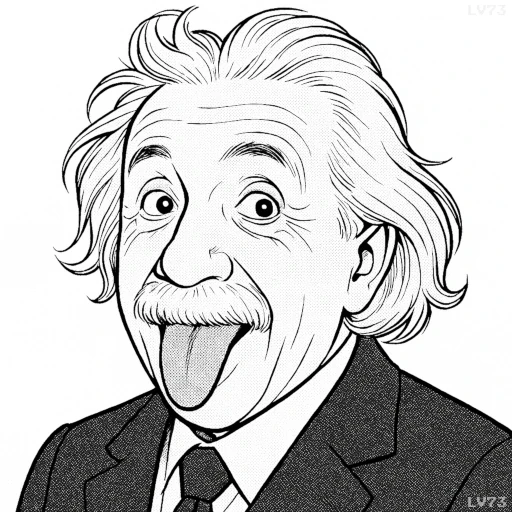“Technological progress is like an axe in the hands of a pathological criminal.”

- March 14, 1879 – April 18, 1955
- German-born Jew
- Physicist
table of contents
Quote
“Technological progress is like an axe in the hands of a pathological criminal.”
Explanation
In this quote, Einstein warns about the potential dangers of technological advancement when it is not guided by ethical considerations. He suggests that, like an axe in the hands of a criminal, technology can become a destructive force if misused or wielded irresponsibly. This comparison reflects Einstein’s concerns about the consequences of unbridled technological progress, particularly if it is motivated by power or profit rather than the welfare of humanity. For him, technology is a tool, and its value or harm depends on the intentions and actions of those who use it.
Historically, technological advancements have often had both positive and negative impacts, depending on how they were applied. For example, nuclear energy can provide power and medical benefits, but it has also been used to create devastating weapons. Figures like J. Robert Oppenheimer, who contributed to the development of the atomic bomb, shared similar ethical concerns about technology’s potential for harm when used irresponsibly. Einstein’s comparison serves as a reminder that progress should be accompanied by moral responsibility and foresight.
In today’s context, Einstein’s quote is particularly relevant as society faces complex ethical issues with emerging technologies like artificial intelligence, genetic engineering, and data surveillance. His insight encourages us to approach technological innovation with caution and responsibility, ensuring that progress is aligned with human values and the greater good. This quote reminds us that without ethical guidance, technological advancements can become harmful, underscoring the need for thoughtful stewardship and accountability.
Would you like to share your impressions or related stories about this quote in the comments section?




